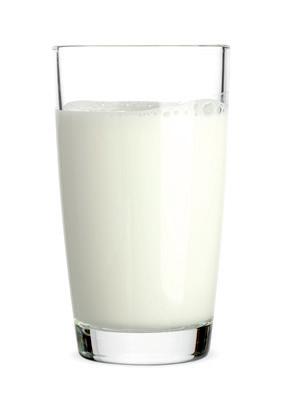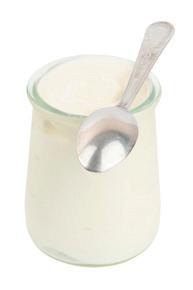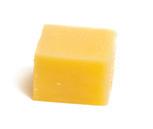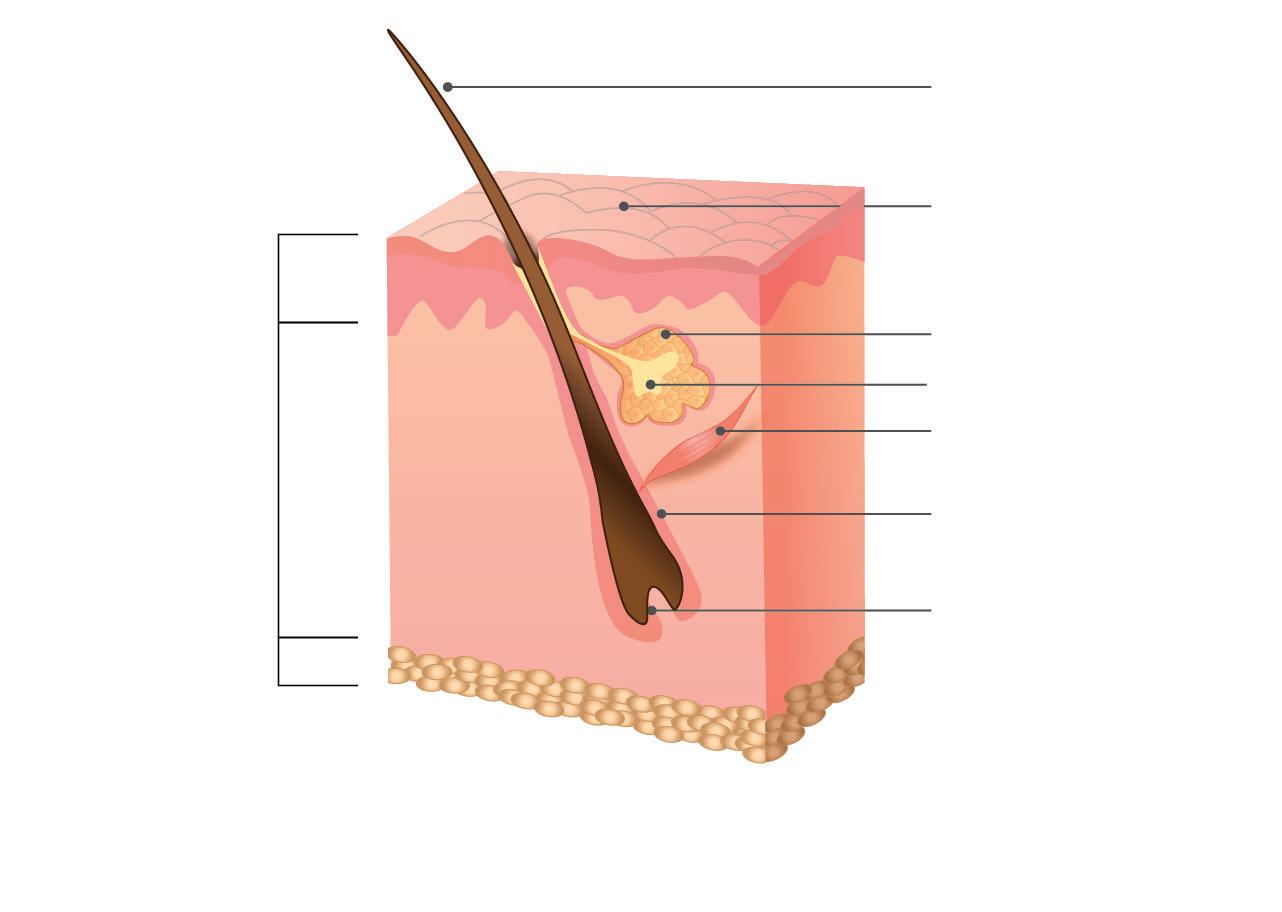What about dairy?
Despite common confusion, treatment guidelines that have investigated dairy and acne do not recommend restricting dairy intake. Nutrient rich foods such as milk, yogurt, and cheese can be included as part of a healthy balanced diet.
Milk is a source of a number of nutrients that have established roles in normal skin health, such as vitamin B2 and iodine.
Milk and dairy foods are the major source of calcium and iodine in Irish teens’ diets, important to support this phase of growth and development. A registered dietitian can provide advice to ensure nutrient needs are being met, if dietary management of acne is considered.
Did you know?
The Department of Health recommends 3 servings from the ‘milk, yogurt, and cheese’ food group each day, and 5 servings for those aged 9 to 18 years. A serving is as follows:
Useful Links
The National Dairy Council ndc.ie
Irish Nutrition & Dietetic Institute indi.ie
Irish Skin Foundation irishskin.ie
Department of Health - The Food Pyramid and Every Move Counts gov.ie
Nutrition Booklets free to order from publications@ndc.ie
• Teenagers
• Adults
• Menopause
• Older Adults (65+ years)
• Common Dairy Myths
• Sports Nutrition Handbook
e:
Milk is perfect over wholegrain cereal, in smoothies, or to make a milky latte.
Yogurt is ideal over homemade granola and berries, in a smoothie or as an on-the-go snack.
Cheese is delicious on wholegrain toast or grated over a baked potato.
Dairy & Acne
What is acne?
Acne or ‘acne vulgaris’ is a chronic inflammatory skin disease. It can be mild or severe. The symptoms are ‘spots and pimples’, including whiteheads, blackheads, red and or pus-filled spots. It commonly impacts teenagers but can persist into adulthood.
What causes acne?
It is usually caused by a mix of genetics and hormones. It develops within a pore (a hair follicle with an oil producing gland). When there is excessive sebum or oil production, abnormal growth of cells that line the hair follicle, and overgrowth of bacteria the pore becomes blocked and can be inflamed.
Family history is the strongest risk factor for acne. Having an oily skin type, hormonal changes at different stages of life, smoking and increasing body mass index (BMI), also play a role.
Your diet and acne
The link between diet and acne has been debated for years with a variety of foods studied as potential triggers, including carbohydrates like bread, chocolate, milk, and other dairy products.
There is still no conclusion on whether specific foods directly cause acne. Therefore the advice remains, to follow a balanced diet, for a healthy body overall.
Diet Tips
Variety is key
Choose a variety of foods from each of the main food groups in the Food Pyramid, including dairy. This will ensure a good range of vitamins and minerals for a healthy balanced diet. You don’t have to get the right balance at every meal. Think about the whole day or whole week instead.
Eat plenty of fruit and vegetables
The Department of Health recommends at least 5-7 servings of fruit and vegetables each day. Vitamin A, B2, B3, B7, and zinc all contribute to the maintenance of normal skin.
Nutrients to support your skin*
Vitamin B2 (Riboflavin) Milk, Yogurt, Mushrooms
Vitamin B3 (Niacin) Mushrooms, Almonds, White fish
Vitamin B7 (Biotin) Mushrooms, Tempeh, Peanuts, Walnuts
Vitamin C Spinach, Broccoli, Oranges, Peppers, Strawberries
Iodine Milk, Yogurt, Seafood
Copper Avocado, Cashew nuts, Sunflower seeds, Quinoa
Zinc Brazil nuts, Brown rice, Lentils
*Vitamins A, B2, B3, B7, Zinc and Iodine contribute to the maintenance of normal skin, Vitamin C contributes to normal collagen formation for the normal function of skin, and Copper contributes to normal skin pigmentation.
Choose long term habits over trends
Quick-fix approaches to cut out foods from your diet could lead to nutrient deficiency and negatively affect your health. Unless advised by a qualified health professional, it’s best not to exclude any specific foods.
Hydration
Your body needs plenty of fluids to work properly. Teenage girls and women should drink 2 litres a day while teenage boys and men should drink 2 1/2 litres a day. Water, low-fat milk and sugar-free drinks including tea and coffee all count.
Lifestyle Habits
Move more and feel great
Physical activity is important for health and wellbeing. For children and teenagers aged 5-17 years, at least an average of 1 hour a day of moderate to vigorous-intensity physical activity is recommended. For adults, at least 2 ½ -5 hours of moderate-intensity physical activity is recommended each week.
Skin Treatments
The Irish Skin Foundation recommend visiting a GP for diagnosis and advice on treatment options available.
Source: Irish Skin Foundation
Nutrient Examples of foods containing these nutrients
Vitamin A Spinach, Carrots, Sweet potato
Cross section of skin unaffected by acne Dermis








